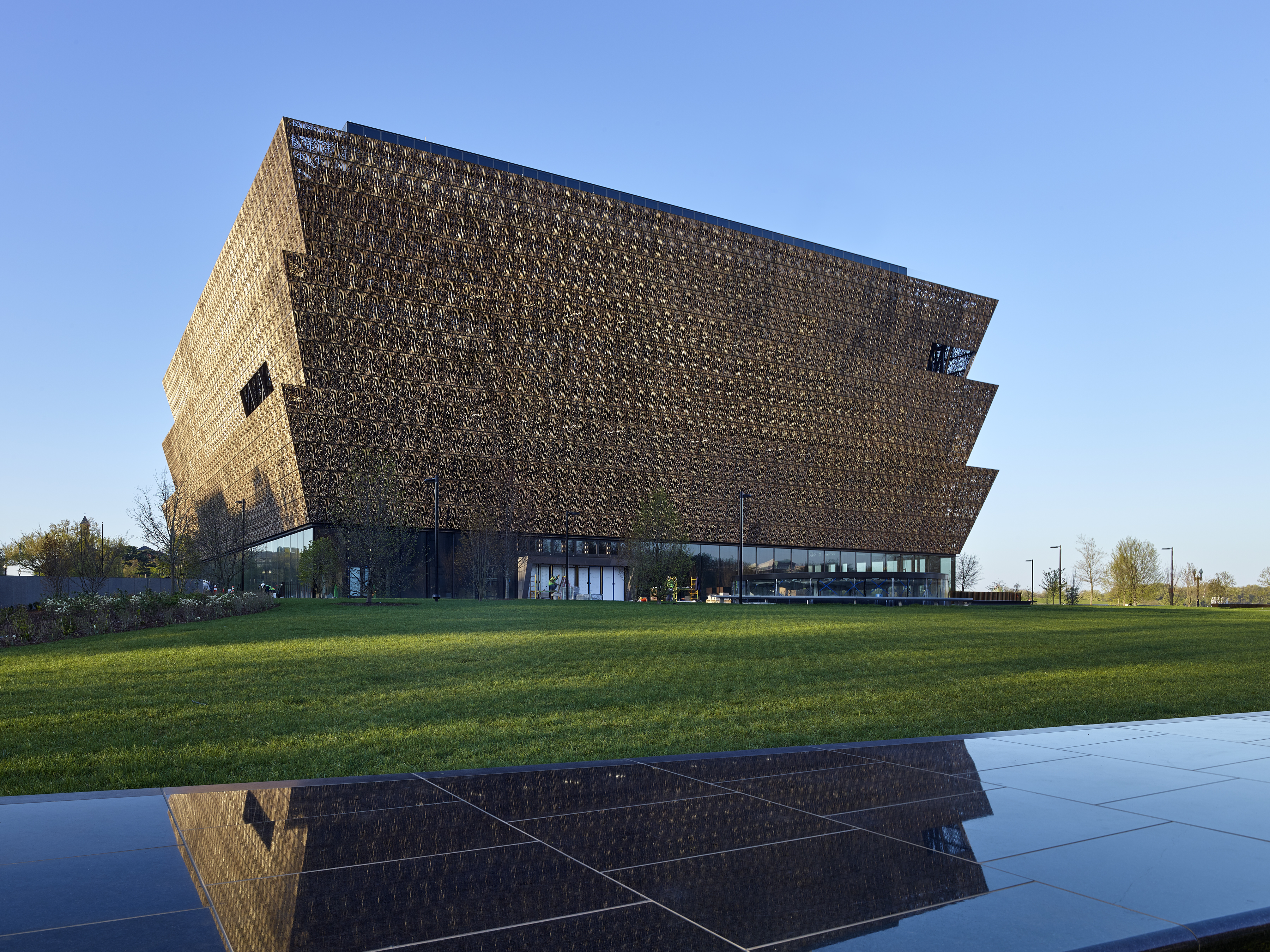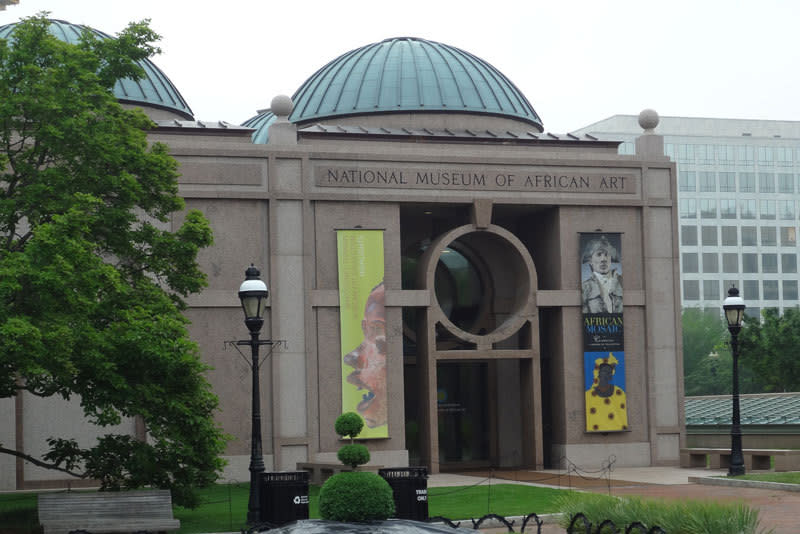
Wright Museum of African American History in Detroit, Michigan (founded in 1965). The first independent, nonprofit African American museums in the United States were The African American Museum in Cleveland, Ohio (founded in 1956), the DuSable Museum of African American History in Chicago, Illinois (founded in 1960), and the Charles H. Additionally, local historical societies, history clubs, and reading groups in African American communities also collected and displayed African American cultural artifacts. Lincoln University in Chester County, Pennsylvania Morgan State University in Baltimore, Maryland Talladega College in Talladega, Alabama and Tuskegee University in Tuskegee, Alabama. Important collections were developed at Bennett College in Greensboro, North Carolina Fisk University in Nashville, Tennessee Howard University in Washington, D.C.

These were located primarily at historically black colleges and universities or at libraries that had significant African American culture and history collections. Prior to 1950, there were about 30 museums devoted to African American culture and history in the United States. The first African American museum was the College Museum in Hampton, Virginia, established in 1868. Museums not only collect and preserve historic and cultural material, their basic purpose is educational or aesthetic. History of African American museums in the United States Īn exhibit at the National Museum of African American History and Culture. Being open to the public (not just researchers or by appointment) and having regular hours sets museums apart from historical sites or other facilities that may call themselves museums. Museums differ from archives, genealogy groups, historical societies, memorials, and research libraries because they have as a basic educational or aesthetic purpose the collection and display of objects, and regular exhibitions for the public. Museums have a mission of "collecting and preserving material on history and cultural heritage." African American museums share these goals with archives, genealogy groups, historical societies, and research libraries. According to scholar Raymond Doswell, an African American museum is "an institution established for the preservation of African-derived culture." Such museums are commonly known as African American museums. This is a list of museums in the United States whose primary focus is on African American culture and history.

Woodson was the founder of Black History Month, and a noted educator. An example of an African American museum: The Dr.


 0 kommentar(er)
0 kommentar(er)
